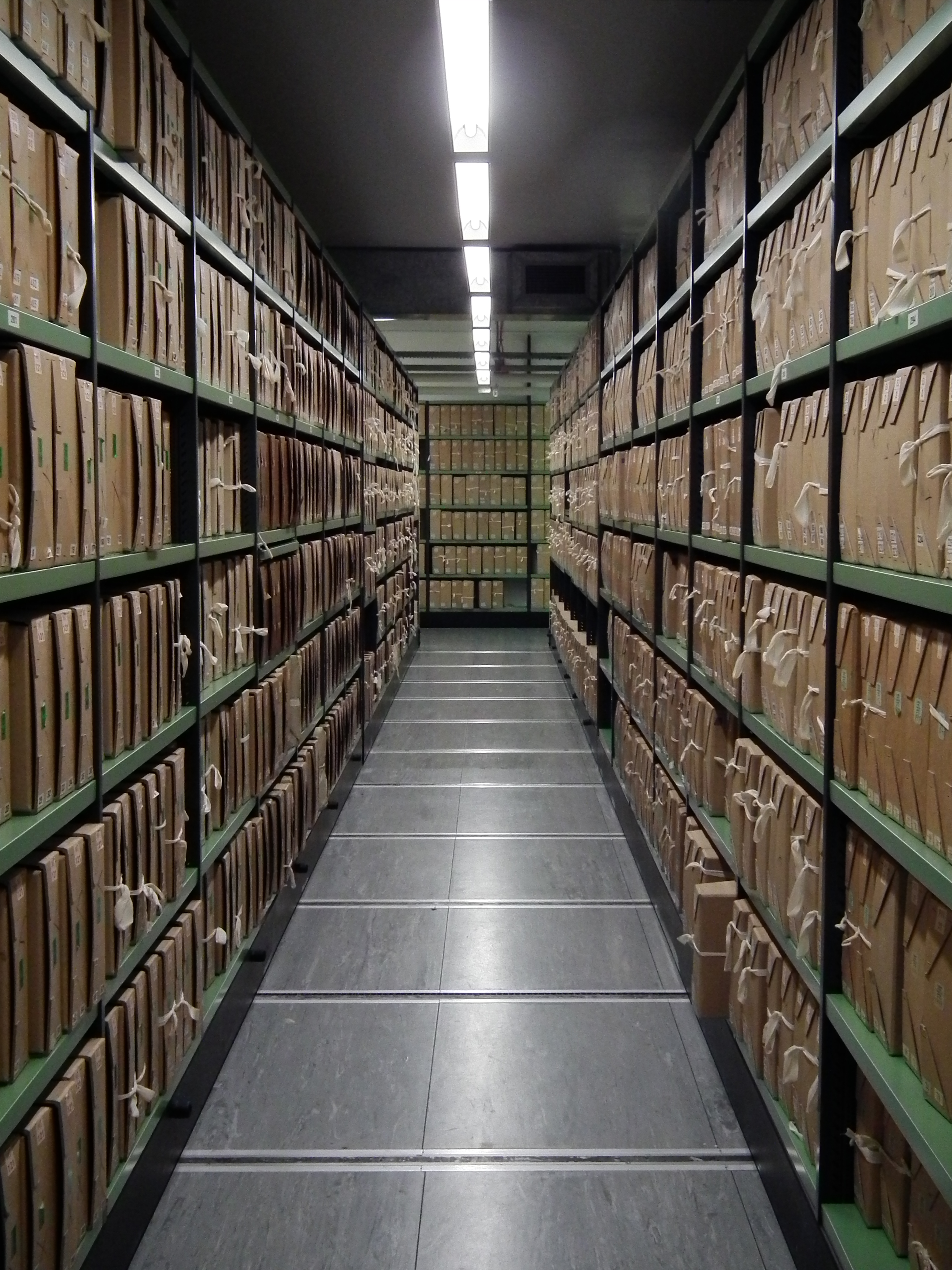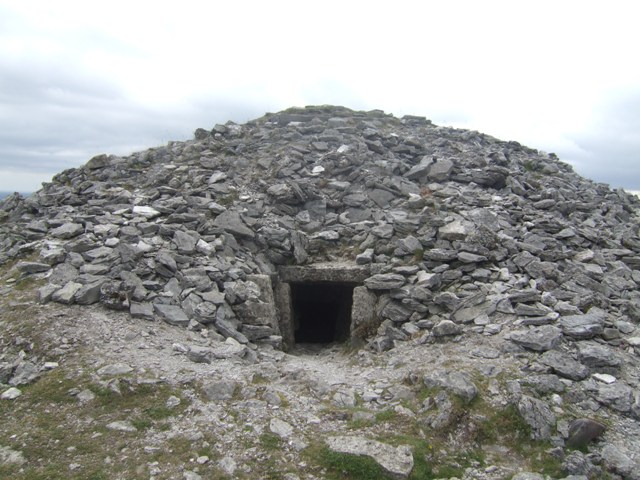|
Centre Des Archives D’Outre-Mer
The Archives nationales d'outre-mer in Aix-en-Provence is a branch of the Archives Nationales of France that documents the French colonial empire. According to one scholar, "half the history of France overseas was represented in the mass of papers" first assembled in Aix in 1966. The materials originated in various offices and repositories scattered throughout the colonies. The Dépôt des Archives d'Outre-Mer opened in 1966, and its successor, the Centre des Archives d'Outre-Mer, in 1987. It was later renamed the "Archives nationales d'outre-mer." Its facilities occupy a site near the Université de Provence Aix-Marseille I. The archives groups its holdings by ministry, territory, document format (images, maps); it also has non-government materials. In 1986 the main national archives in Paris transferred to Aix its records of the "Section outre-mer." In 1995 the archives received substantial additional materials generated by colonial offices. Directors have included Martine Corn ... [...More Info...] [...Related Items...] OR: [Wikipedia] [Google] [Baidu] |
Aix-en-Provence
Aix-en-Provence, or simply Aix, is a List of communes in France with over 20,000 inhabitants, city and Communes of France, commune in southern France, about north of Marseille. A former capital of Provence, it is the Subprefectures in France, subprefecture of the arrondissement of Aix-en-Provence, in the department of Bouches-du-Rhône, in the region of Provence-Alpes-Côte d'Azur. The population of Aix-en-Provence is approximately 145,000. Its inhabitants are called ''Aixois'' or, less commonly, ''Aquisextains''. History Aix (''Aquae Sextiae'') was founded in 123 BC by the Roman consul Gaius Sextius Calvinus, Sextius Calvinus, who gave his name to its springs, following the destruction of the nearby Gauls, Gallic oppidum at Entremont (oppidum), Entremont. In 102 BC its vicinity was the scene of the Battle of Aquae Sextiae, where the Romans under Gaius Marius defeated the Ambrones and Teutones, with mass suicides among the captured women, which passed into Roman legends of ... [...More Info...] [...Related Items...] OR: [Wikipedia] [Google] [Baidu] |
French Somaliland
French Somaliland (; ; ) was a French colony in the Horn of Africa. It existed between 1884 and 1967, at which became the French Territory of the Afars and the Issas. The Republic of Djibouti is its legal successor state. History French Somaliland was formally established in 1896 when the ruler and elders of the Issa clan signed treaties with the French. On March 25, 1885, the French signed a treaty with the Gadabuursi, effectively making them a protectorate of France. On March 26, 1885, the French signed another treaty with the Issa making the latter a protectorate under the French. No money changed hands and the Somalis did not sign away any of their land rights; the agreement was meant to protect their land from outsiders with the help of the French. However, after the French sailors of the Le Pingouin vessel were mysteriously killed in Ambado in 1886, the French first blamed the British, then the Somalis, using the incident to lay claim to the entire southern territory.Raph ... [...More Info...] [...Related Items...] OR: [Wikipedia] [Google] [Baidu] |
Buildings And Structures In Aix-en-Provence
A building or edifice is an enclosed structure with a roof, walls and windows, usually standing permanently in one place, such as a house or factory. Buildings come in a variety of sizes, shapes, and functions, and have been adapted throughout history for numerous factors, from building materials available, to weather conditions, land prices, ground conditions, specific uses, prestige, and aesthetic reasons. To better understand the concept, see ''Nonbuilding structure'' for contrast. Buildings serve several societal needs – occupancy, primarily as shelter from weather, security, living space, privacy, to store belongings, and to comfortably live and work. A building as a shelter represents a physical separation of the human habitat (a place of comfort and safety) from the ''outside'' (a place that may be harsh and harmful at times). buildings have been objects or canvasses of much artistic expression. In recent years, interest in sustainable planning and building pract ... [...More Info...] [...Related Items...] OR: [Wikipedia] [Google] [Baidu] |
Archives In France
An archive is an accumulation of historical records or materials, in any medium, or the physical facility in which they are located. Archives contain primary source documents that have accumulated over the course of an individual or organization's lifetime, and are kept to show the history and function of that person or organization. Professional archivists and historians generally understand archives to be records that have been naturally and necessarily generated as a product of regular legal, commercial, administrative, or social activities. They have been metaphorically defined as "the secretions of an organism", and are distinguished from documents that have been consciously written or created to communicate a particular message to posterity. In general, archives consist of records that have been selected for permanent or long-term preservation on the grounds of their enduring cultural, historical, or evidentiary value. Archival records are normally unpublished and alm ... [...More Info...] [...Related Items...] OR: [Wikipedia] [Google] [Baidu] |
National Archives
National archives are the archives of a country. The concept evolved in various nations at the dawn of modernity based on the impact of nationalism upon bureaucratic processes of paperwork retention. Conceptual development From the Middle Ages into the Early modern period archives generated by royal and clerical institutions retained proofs of political and genealogical claims as a "bastion of authenticity." The emerging Age of Enlightenment, Enlightenment concept of studying history as a science rather than as literature was influenced by Leopold von Ranke and brought archives into the limelight of serious historical study. In the late 18th century, the storage of old records was divided. Business records in the ''archives courantes'' went the way of records management while documents of cultural import in the ''archives historiques'' formed the core of Western-conceived archives. As the popularity of archives increased as a function of substantiating historical narratives, natio ... [...More Info...] [...Related Items...] OR: [Wikipedia] [Google] [Baidu] |
Government Agencies Of France
A government is the system or group of people governing an organized community, generally a state. In the case of its broad associative definition, government normally consists of legislature, executive, and judiciary. Government is a means by which organizational policies are enforced, as well as a mechanism for determining policy. In many countries, the government has a kind of constitution, a statement of its governing principles and philosophy. While all types of organizations have governance, the term ''government'' is often used more specifically to refer to the approximately 200 independent national governments and subsidiary organizations. The main types of modern political systems recognized are democracies, totalitarian regimes, and, sitting between these two, authoritarian regimes with a variety of hybrid regimes. Modern classification systems also include monarchies as a standalone entity or as a hybrid system of the main three. Historically prevalent f ... [...More Info...] [...Related Items...] OR: [Wikipedia] [Google] [Baidu] |
1966 Establishments In France
Events January * January 1 – In a coup, Colonel Jean-Bédel Bokassa takes over as military ruler of the Central African Republic, ousting President David Dacko. * January 3 – 1966 Upper Voltan coup d'état: President Maurice Yaméogo is deposed by a military coup in the Republic of Upper Volta (modern-day Burkina Faso). * January 10 ** Pakistani–Indian peace negotiations end successfully with the signing of the Tashkent Declaration, a day before the sudden death of Indian prime minister Lal Bahadur Shastri. ** Georgia House of Representatives, The House of Representatives of the US state of Georgia refuses to allow African-American representative Julian Bond to take his seat, because of his anti-war stance. * January 15 – 1966 Nigerian coup d'état: A bloody military coup is staged in Nigeria, deposing the civilian government and resulting in the death of Prime Minister Abubakar Tafawa Balewa. * January 17 ** The Nigerian coup is overturned by another faction of the ... [...More Info...] [...Related Items...] OR: [Wikipedia] [Google] [Baidu] |
Cairn
A cairn is a human-made pile (or stack) of stones raised for a purpose, usually as a marker or as a burial mound. The word ''cairn'' comes from the (plural ). Cairns have been and are used for a broad variety of purposes. In prehistory, they were raised as markers, as memorials and as burial monuments (some of which Chambered cairn, contained chambers). In the modern era, cairns are often raised as landmarks, especially to mark the summits of mountains, and as Trail blazing, trail markers. They vary in size from small piles of stones to entire artificial hills, and in complexity from loose conical rock piles to elaborate megalithic structures. Cairns may be painted or otherwise decorated, whether for increased visibility or for religious reasons. History Europe The building of cairns for various purposes goes back into prehistory in Eurasia, ranging in size from small rock sculptures to substantial human-made hills of stone (some built on top of larger, natural hills). ... [...More Info...] [...Related Items...] OR: [Wikipedia] [Google] [Baidu] |
Afrique & Histoire
''Afrique & Histoire'' was a French peer-reviewed academic journal An academic journal (or scholarly journal or scientific journal) is a periodical publication in which Scholarly method, scholarship relating to a particular academic discipline is published. They serve as permanent and transparent forums for the ... devoted to the study of African history from antiquity to the present day. It was established in 2003 by Peter Boilley, Jean-Pierre Chrétien, François-Xavier Fauvelle-Aymar, and Bertrand Hirsch and is published biannually by Editions Verdier. Last published volume was 7 (2009)."Cette revue a cessé de paraître après le volume 7"Website ''Revue Afrique & Histoire''/ref> References * Biannual journals Academic journals established in 2003 African history journals French-language journals {{africa-journal-stub ... [...More Info...] [...Related Items...] OR: [Wikipedia] [Google] [Baidu] |
Brazzaville
Brazzaville () is the capital (political), capital and largest city of the Republic of the Congo. Administratively, it is a Departments of the Republic of the Congo, department and a Communes of the Republic of the Congo, commune. Constituting the financial and administrative centre of the country, it is located on the north side of the Congo River, opposite Kinshasa, the capital city of the Democratic Republic of the Congo (DR Congo). The population of the capital is estimated to exceed 2.1 million residents, comprising more than a third of the national populace. Some 40% are employed in non-agricultural professions. During World War II, Brazzaville served as the de facto capital of Free France between 1940 and 1942. In 2013, Brazzaville was designated a City of Music (UNESCO), City of Music by UNESCO; since then it has also been a member of the Creative Cities Network. Toponymy The prefix "Brazza" comes from the surname of the Italian count Pierre Savorgnan de Brazza, who wo ... [...More Info...] [...Related Items...] OR: [Wikipedia] [Google] [Baidu] |






